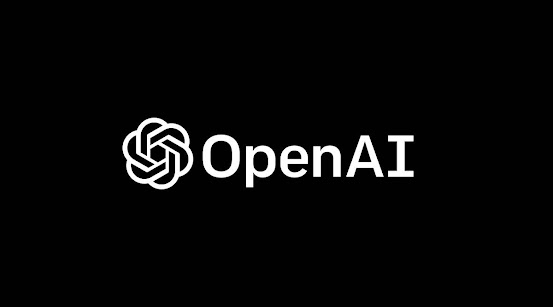OpenAI vs DeepMind
Is DeepMind part of OpenAI?
No, DeepMind is not part of OpenAI. While both organizations are prominent in the field of artificial intelligence research, they are separate entities with distinct founding and ownership structures.
What is the difference between OpenAI and DeepMind?
OpenAI and DeepMind have several differences that set them apart from each other. Here are some of the key differences:
Founding and Ownership: OpenAI was founded in 2015 by a group of tech luminaries, including Elon Musk, Sam Altman, Greg Brockman, and others. DeepMind, on the other hand, was founded in 2010 by Demis Hassabis, Mustafa Suleyman, and Shane Legg. OpenAI is a for-profit company, while DeepMind was acquired by Google in 2015 and is now a subsidiary of Alphabet Inc.
Research Focus: While both OpenAI and DeepMind focus on artificial intelligence research, they have different areas of emphasis. OpenAI is known for its work in natural language processing, robotics, and reinforcement learning, while DeepMind has made significant contributions in the areas of deep learning, computer vision, and game playing.
Publications and Patents: Both OpenAI and DeepMind publish their research findings in top-tier academic conferences and journals, and both have filed numerous patents related to their AI technologies.
Industry Partnerships: Both OpenAI and DeepMind collaborate with various companies and organizations to apply their AI research to real-world problems. OpenAI has partnerships with Microsoft, GPT-3 customers, and others, while DeepMind has worked with Google, NHS, and others.
Ethics and Safety: Both OpenAI and DeepMind are committed to the ethical and safe development of AI, and both have published principles outlining their approach to these issues. However, OpenAI has been more vocal in its concerns about the potential risks of AI, and has even declined to release certain AI models due to safety concerns.
In conclusion, while OpenAI and DeepMind are both leaders in the field of AI research, they have distinct differences in their founding and ownership, research focus, publications and patents, industry partnerships, and approach to ethical and safe AI development. These differences reflect the unique strengths and priorities of each organization, and demonstrate the diversity of approaches to advancing AI for the benefit of society.




Comments
Post a Comment